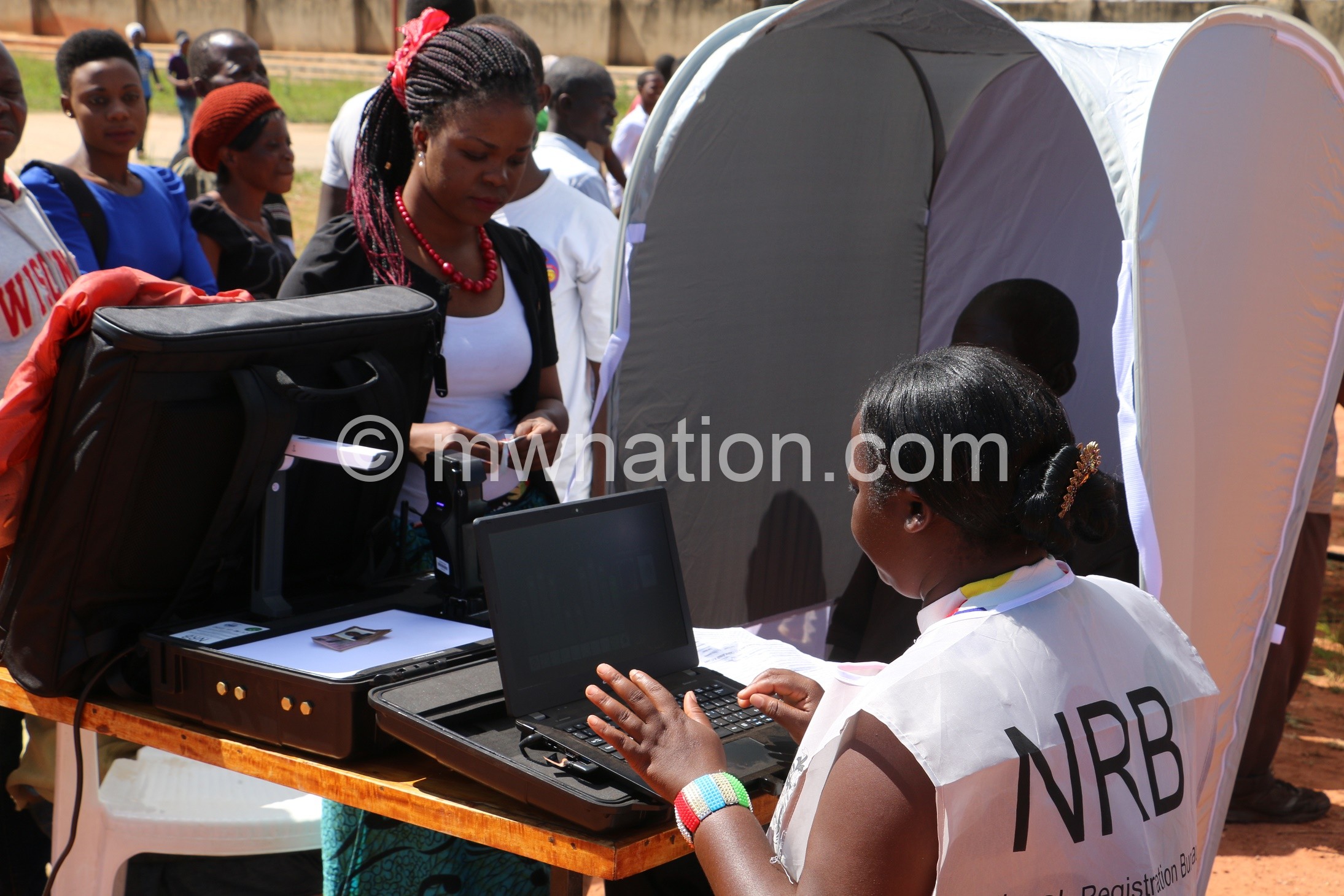Judges, magistrates join strike
This is an indication of a long battle here to stay, with massive losses in the country’s overall justice delivery system.
In Lilongwe, judges, magistrates and other senior judicial officers were led by Lilongwe High Court registry judge-in-charge Rezine Mzikamanda to the registry’s premises to join their juniors who have been striking for close to two months now.
A representative of the Judiciary support staff, Austin Kamanga, confirmed the judges joined the strike in Lilongwe. He said he had no updates from Zomba and Mzuzu.
In Blantyre, Supreme Court of Appeal Judge Atanazio Tembo, who is chairperson of terms and conditions of service committee of the Judiciary, told support staff at the High Court registry that they have joined the strike.
Tembo, flanked by other senior officers, said strike was not the end of everything, but a means to demand what belongs to them.
He said the Constitution and Labour Act allows employees to legally press for what they deserve.
Tembo said they gave OPC a 14-day notice that they were going to strike if no convincing response was given and Parliament to give them feedback on reviews, but both did not respond by February 29, which was the deadline.
The chairperson said issues they raised with OPC covered both the junior and senior staff, declaring they will only return to work if their dues dating back to 2006 as approved by Parliament are paid.
Tembo said the strike is nationwide and he got communication from other areas such as Lilongwe which has also joined the strike.
He said no one should misinterpret their action because they are doing everything under the laws of Malawi and they know what they are doingâ€â€some of them having worked with governments of Dr. Hastings Kamuzu Banda, Bakili Muluzi and the current administration.
He said the talks they had with the Executive yielded nothing, and instead of giving them feedback, the Executive opted for something else.
The Executive and the Judiciary engaged in negotiations to avert the strike and discussions were concluded last week Friday.
But before the Executive communicated to the Judiciary on the outcome of the negotiations as per agreement, government, through OPC, published a six-paged press statement in The Daily Times of February 27 2012 justifying why the Executive cannot pay the approved perks, to the annoyance of judges.
Asked to comment on the development, Principal Secretary for Justice and Solicitor General Anthony Kamanga said sometimes it does not help to talk all the time.
But pressed to make what he thought of the situation, Kamanga said: “This is a bad situation. We don’t like expressing views on this issue of industrial action in the media….
“We will make our views known at an appropriate time. We are hopeful we will overcome this problem. That is not to say we are not concerned as a ministry. Everyone is concerned, the Attorney General is concerned.”
The junior Judiciary staff started their industrial action on January 9 to press government pay back their arrears dating back to 2006 amounting to pay K1.2 billion (about $7 185) for both junior and senior officers.





